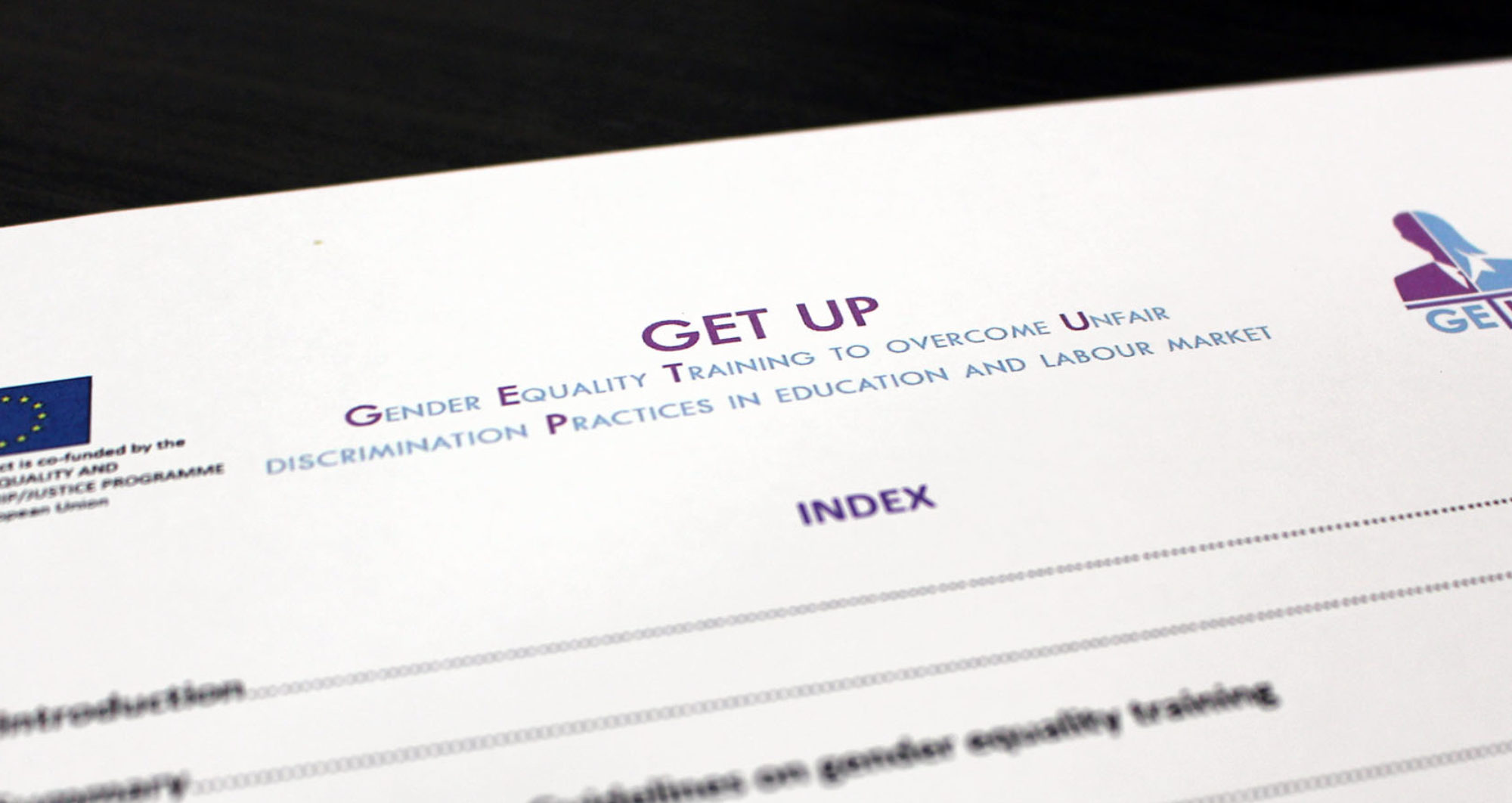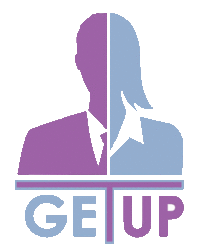In order to reach the expected outputs and results, partners have structured the project activities on 24 months and in 4 Workstreams, including the WS0 with the details of the management and coordination activities. The others are strictly interconnected and interdependent as illustrated below:
• WS1 – European Minimum Standard of Competences on Gender Equality (EMSC) intends to invest on the cooperation among different stakeholders allowed by the nature of the partnership to conduct a sound needs analysis on the level of awareness of the gender-related bias in place in education and at the workplace and understand what the target groups perceive as discriminatory habits within these specific contexts, functional to the development of the first key output – the EMSC in Gender Equality – to be piloted and validated through the activities of WS2.
Expected methodologies: PAR – Participatory Action Research; Desk Analysis; Brainstorming and Focus Groups; LOs-based planning method for the training
• WS2 – Gender Equality Training (GET), it depends on the quality of the Minimum Standard of Competences and can be considered as its piloting. The implementation of these activities is going to facilitate the encounter of professionals from different stages of the education-training-labour market chain who operate at implementation and at management level, increasing mutual understanding and thus facilitating their direct involvement in the awareness raising activities (WS3).
Expected methodologies: training methodologies – lectures to transfer basic knowledge about the EU context on Gender Equality and statistics analysis, team works, simulation and role-playing to stimulate and ground attitude and behavioural change in participating adults; peer learning; LOs-based planning method for the training; Log-book “Diary”.
• WS3 – Awareness Raising Campaign represents a transversal initiative aimed at raising awareness on the effects of gender discrimination among a wider public through the direct involvement of GET UP transition phases professionals. Apart from the expected beneficial impact on the reached young people and adults in transition phases, it has a deep formative character for those who will have participated to the training – both the transnational session and the ones at national/organizational level – as they are going to be the main actors of the campaign implementation. Indeed, partners’ strategy is to empower the target groups so that they reach out the project indirect target groups – their services’ beneficiaries, students, employees, etc.
Expected methodologies: participatory process open to different kind of stakeholders; highly performing working groups; game-based simulation; community engagement methods and techniques.

